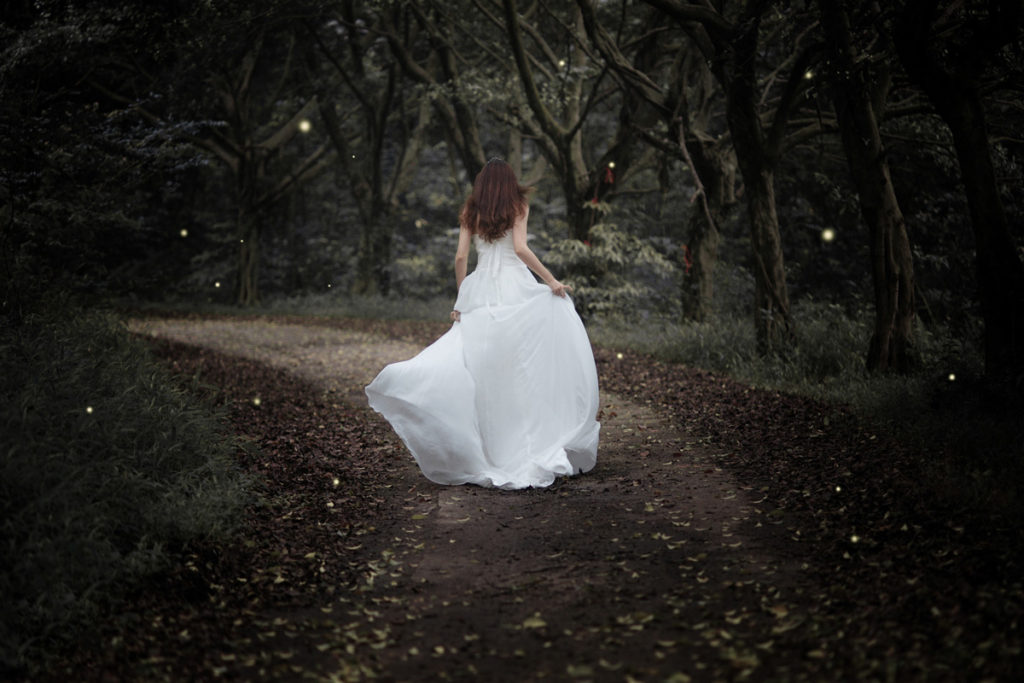By “concept”, we usually refer to an abstract theme, topic, or group of ideas. And so, in this context, concept fiction refers to writing that is not plot-based but rather themed-based.
In some way, this might make you think that concept fiction is a matter of genre, but this is not entirely accurate. True, most e.g. crime fiction is plot-based (whereas literary fiction isn’t), but there is an important difference.
Whereas the idea of genre fiction (or of literary fiction) informs the aesthetics and form of the narrative – that is, what it looks like – concept fiction refers to the process itself: how to write the narrative.
Of course, having a different methodology of writing directly affects the outcome – and so, to some extent, the aesthetics. This means that:
- although concept fiction is applicable to any genre (or literary fiction, or experimental fiction), it does somewhat blur the established borders between genres and can destabilize its own position in the literary category.
- it’s an invaluable tool of imagination and creativity.
Especially if you’re a genre writer, the first element above might sound like something bad. It isn’t, but it also depends on your priorities. We’ll get back to this later in the post. For now, a simpler way of putting it would be this: “Concept fiction helps your work stand out from the vast crowd of mediocre works”.
Much better, isn’t it?
In this post we’ll take a closer look at all these elements, and see how writing concept fiction can help you produce intelligent narratives that are cohesive, symbolically rich, and intriguingly original.


